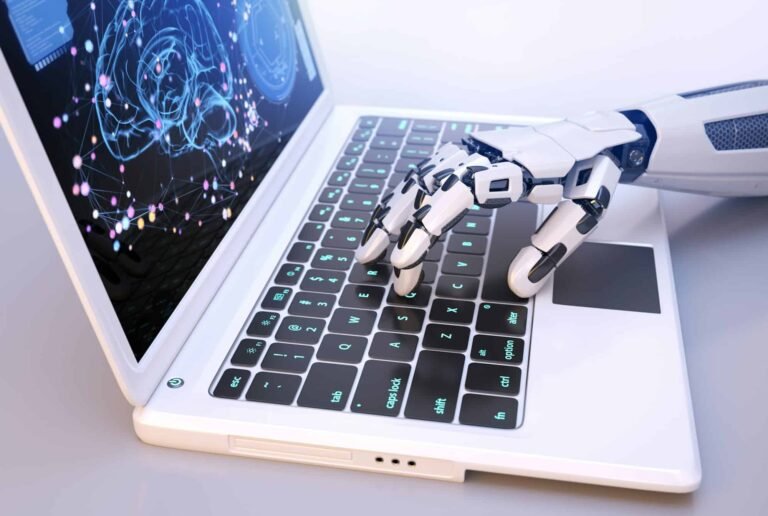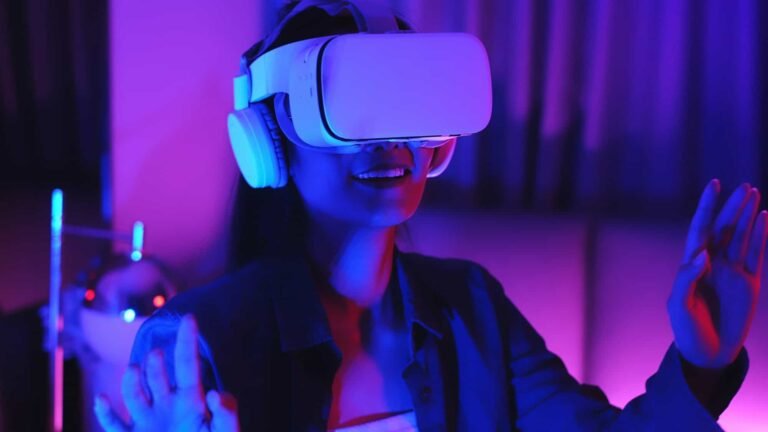
Thomas Papp, Partner, The HR Congress
Remote work is here to stay, and as Professor Prithwiraj Choudhury from Harvard Business School said in a recent interview with Bloomberg, it will simply be called “work.” Professor Choudhury was also our main keynote speaker at The HR Congress last year.
In my article last week, I highlighted how the new “remote workforce” will come from Asia and Africa to fill the gap in the aging European and American workforce. Europe will be short 44 Million workers by 2050 without increased immigration, according to a new study in an article from the Centre for Global Development.
To some, this may sound great, but to this, I say “whoop-de-doo.” Instead, I see an IoT-enabled, broken-down farming robot being fixed remotely in no time by Rajat, while he is sipping on his soy latte at a hipster coffee shop in Bangladesh. As I mentioned in my previous post, 2 billion people are ready to work, and they don’t need to migrate. Remote work allows them to fulfill their duties from where they already are.
What I didn’t mention is how massive of a shift this will bring to the world of work. We have all heard the phrase “the future of work is now,” but I disagree with that sentiment. The future of work is now, but more so it is tomorrow and will fundamentally change our way of life in ways we can’t even imagine.
In his book Factfulness, Hans Rosling highlights how billions of people can be pulled out of extreme poverty by having some basic infrastructure around them that we take for granted in the “Western World.” This includes running water, electricity, road infrastructure, and so on. Well, what is coming is in my opinion as big, if not bigger, than when man started to use fire. I am not even bringing up the Industrial Revolution, as that was small compared to this evolution as that was small compared to this.
What I’m talking about is how the UK-based JET laboratory has smashed its own world record for the amount of energy it can extract by squeezing together two forms of hydrogen. If nuclear fusion can be successfully recreated on Earth, it holds the potential of virtually unlimited supplies of low-carbon, low-radiation energy, as per the BBC news article. But even without fusion energy, the change in the world of work is going to be massive in the coming years.
Working from anywhere is a win-win situation. This is illustrated by the U.S. Patent Office when they documented a 4.4% productivity gain back in 2012 after they allowed patent examiners to work from anywhere, according to Professor Choudhury. Workers can live anywhere – anywhere cheaper, more exotic, closer to family and friends, or more aligned with their desired lifestyle.
For example, if we weren’t bound by our child’s school curriculum, my wife and I would probably move to New Orleans for a year or so and enjoy all the amazing musical legends performing there. Then, we would spend a few years in India learning from some amazing meditation gurus in our spare time. This global connectedness and adaptability are also shifting to new levels, as I just logged my daughter off from a session with her math tutor, who is sitting in NYC but teaching her the Australian curriculum.
In addition, I’ve met not one but multiple Australian families living in a caravan going around Australia and using the exceptional remote study options available here. Australia has a long history of remote education due to the huge distances between remote communities. All of this goes to say that the digital nomad revolution has just started. “Work is something you do and not where you go or live.” – Professor Choudhury
Employers will have a much larger and more diverse pool of candidates. I wrote a bit about this in the previous paragraphs, so I won’t go into it more here.
Diversity and inclusion in terms of gender and race will be the other big win for employers, explains Choudhury. Two decades of data show that oftentimes women lose out on career opportunities because of geography and the COVID pandemic only accelerated this issue. Remote working will provide a solution to this issue.
Another point that wasn’t mentioned by Professor Choudhury that I personally find important is “Economies of Scale,” or I should probably call it “Economies of Skills and Scale.”
Picture that the year is 2043. After a car accident, a super precision robotic arm is performing risky brain surgery on a patient in Chicago, controlled by a specialist brain surgeon in Zurich at his holiday home near Mount Pilatus via his VR headset and next-generation haptic glows through a 7G internet link-up. Yes, 5G and where it’s taking us is a big deal – it will speed up everything and allow IoT (Internet of Things) to be applied in new ways. In 2021 this patient would have died since the surgeon from Zurich could not get there in time. But in 2043, their life can be saved due to these advancements in technology. In addition, Rajat from Bangladesh will be able to manage hundreds of IoT-enabled farms at the same time all around the globe.
The “virtual water coolers” will be your digital platforms, your next-generation LinkedIn, online events, and knowledge hubs like The HR Congress, where you can meet like-minded professionals interested in a topic you are also keen to know more about. Our opportunities for office kitchen conversations have new meaning, and you are no longer stuck with John from Finance who makes his coffee at the same time as you. You can also have Bob from Cape Town working for IBM, Trish from Budapest with Vodafone, and Emma from NYC from E&Y, who are all also keen to know more about your story or topic of interest. Nearly all HR tool providers are building virtual spaces for these ways of connecting.
The question that remains though is will this replace those team-building dinners or the chats about the hazelnut coffee smell that your colleague from marketing is holding in her hand. Probably not, but perhaps new virtual spaces like WeWork and others can hold the keys to allow for such interactions. When you are thirsty for some physical corporate culture, just in your car and go to the nearest pilot office for the day. You might find Bob or Jane there for a coffee and chat.
This freedom in work needs a different mindset and mentality, both for employees and employers. Accountability is no longer about turning up for work. My mother used to lead a large division of a major government agency in Hungary, and she used to tell me stories about people who didn’t do any work and were simply incompetent at what they do. But, you couldn’t reassign them as they didn’t want to move from the role, and you couldn’t fire them since they did turn up to work. The fact that their work was so subpar that it had to be re-done every single time is another story.
This was Socialist Hungary we were talking about, so you might feel a slight exaggeration in my example, but I am sure you get my point. I could give other examples, as I have worked with many people in the past few decades who could not adapt to an “output-based” work metric. As Choudhury explains, we should stop counting time and give people the flexibility to work where and when they want to and only care about their work. Better and better Employee Engagement, listening and feedback solutions will be critical in this new world of work.
Goldman and Sachs insist on returning to the office, as will many other organizations. The question is who will win the War for Talent – the agile fintech companies ready to hire the right match from anywhere in the world, giving the person the freedom to work anywhere or the ones who stuck their heads in the sand, not willing to change? I am confident that the majority of HR solution providers in talent management, employee engagement, payroll, compensation, and all others will now rise to the challenge with the right tools offerings.
What the new HR leaders need to understand and see more than ever is technology. This brings about the rise of the CHRTO (Chief HR Technology Officer), as the traditional human skillsets of HR need to marry with a strong understanding of technology. As Professor Stephen Hawking (RIP) explains in his book Brief Answers to the Big Questions, the Universe is expanding faster and faster, evolution is faster and faster, and as Professor Yuval Noah Harari wrote in his book, Homo Deus, communication and information sharing in the past 50 years far, far outweighs all previous human communication in humanities history from the beginning. Our next stage of evolution will be fused with technology, and in a way it already is.
Businesses that don’t adapt risk higher attrition, financial losses, and diminishing of their business. Because of this, huge new industries will arise and old ones will fall in the coming decades.
I just had a conversation with a tech start-up from Belgium that illustrates this need for businesses to adapt. This start-up helps organizations measure their skill sets in real-time and helps with needed re-skilling. For example, a major manufacturer approached them with the following: “We have all these people who know how to build petrol engines, and now we need them to build electric engines.”
The future of work tech will be exploding in the coming decades, and since we think the previous decades were big, I am eager to see what is coming. The fourth industrial revolution is still in its infancy and holds much promise.
References:
https://www.bbc.com/news/science-environment-60312633
https://www.highspeedinternet.com/resources/6g-internet
https://ec.europa.eu/research-and-innovation/en/horizon-magazine/robotic-doctor-gearing-action
https://www.bloomberg.com/news/articles/2022-02-15/in-10-years-remote-work-will-simply-be-work
https://www.linkedin.com/in/borekboelens/?originalSubdomain=be











